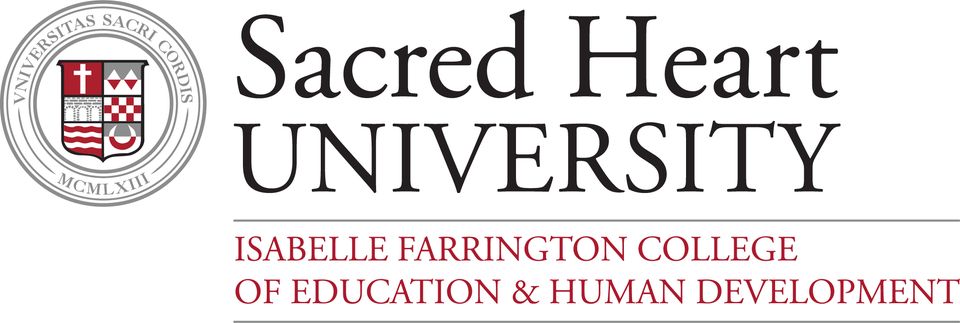The Nature of Online Charter Schools: Evolution and Emerging Concerns
Abstract
Online charter schools are unique among K-12 online learning options for students. They are full-time, public schools that combine online learning with traditional and home schooling practices. They are often chartered by a state agency, supported in full or in part with state funds and most often managed by a private educational management company. Some extol the virtues of these schools as being able to reach unique student populations at a fraction of the cost borne by traditional public school education. Others are concerned over the lack of evidence supporting the effectiveness of these schools and the problems encountered by young learners who are separated from their teachers due to the online nature of learning in this environment. The goal of this literature review is to: (a) provide a definition of online charter schools; (b) describe their evolution and current status; (c) describe their operations; and, (d) to reveal emerging concerns, including governance, funding and effectiveness. Finally, the authors conclude that there are three significant gaps found in the literature concerning online charter schools and provide recommendations for further research.





